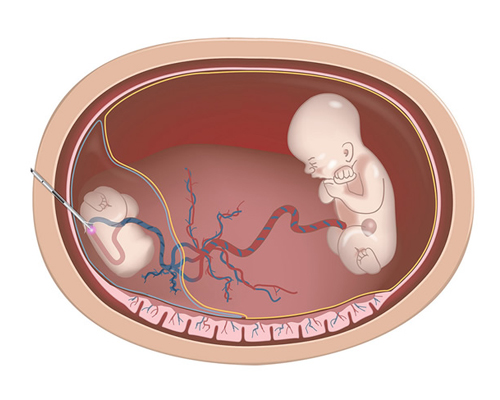Selective Fetal Reduction

Selective reduction, multifetal pregnancy reduction (MFPR), or selective termination is the practice of reducing the number of fetuses in a multifetal pregnancy, say quadruplets, to a twin or singleton pregnancy. When the fetus targeted for termination displays signs of a serious disease, the term selective termination is used; otherwise terminology involving the word reduction is used to describe the procedure.
Selective reduction is done for both medical and non-medical reasons. Medical issues generally related to multiple births include premature births, low birth weights, and associated medical problems. Non-medical reasons include that the couple or the mother do not feel that they are emotionally or financially ready to handle more than one child. Selective reduction can also be used to reduce a twin pregnancy to a singleton one. This is a less common but growing practice as the risks in twin pregnancies, while existent, are much lower than in higher-order multiple pregnancies.
This type of multifetal reduction has become more common as the practice of using fertility treatments, resulting in multifetal pregnancy, has become more common.
